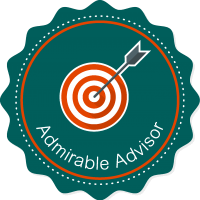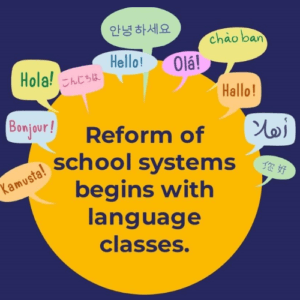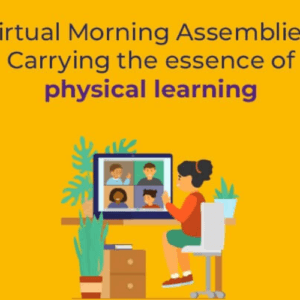Passages should be based on vast subject areas to go beyond just language teaching
Passages are great for teaching basic life skills wherein the child is required to read and understand real-world factual texts can prepare the child for the world he has to step in after finishing school. Students will learn to interpret written information rather than spending time memorizing things that need not be learned by heart.
Here are some tips for selecting passages-
- Passages about facts and myths: Children will become aware of amazing facts around them which will make them more curious about the world they live in. Even reading about past myths, specifically science myths, and how these myths were debunked can help students think critically and develop unique human intelligence thereby become innovative and learn to think outside of the box.
- Passages related to successful people in varied professions: Subtly, different subject areas and the professions associated with them can be presented to a class which will motivate them to take up a particular profession in the future. Especially in areas where being a doctor, engineer or teacher are the only options presented by teachers and parents to budding minds, this methodology will help children see what career options they have in front of them. Reading about people who gained higher degrees and made fruitful use of formal education can help students study with renewed enthusiasm.
- Reading about great global personalities who contributed to the upliftment of society, made sacrifices to see others happy, and broke the shackles of discrimination at all levels can inculcate requisite human values such as respect, acceptance, consideration, and empathy in children that the world now requires
- Passages based on discoveries made in the past and innovations and improvisations thereafter can make an interesting read for young minds. This will help them see the connection between different subjects taught at school and how a field of study was used to discover or invent something.
- Passages about success after repeated failures can help young minds handle disappointments and obstacles in life and be persistent until they succeed.
- Passages about dropouts. Skipping formal education get glorified at times by showcasing a part of the whole story. The real picture is not made clear to budding minds that all dropouts don’t achieve success; many of them fall prey to anti-social elements. Those who made big had a plan and they were committed to it. Most importantly, they worked hard to reach their present position. They dedicated their time and energy in useful pursuits. Abraham Lincoln, Albert Einstein, Bill Gates, Mark Zuckerberg all were or are avid readers. They read more than any other normal person, this habit shaped their personality. Our children need to know the whole story.
- Passages on mental health. Pick passaged based on situations where a person overcomes stress, anxiety, depression can help students to become aware of these mental issues and how to handle them appropriately.
- Passages from marketing material. Children should seek to explicate and contextualize notices, advertisements, brochures, instructions and details of educational courses, pay schemes, work conditions, machinery instructions, read bus and train schedules which they will encounter in their daily life.
- Passages related to vital knowledge of home economics, consumer science, how to build credit, how to apply for loans, how not to get caught in the quagmire of debt, steps to paying taxes, the importance of budget will help students get prepared and survive in the real world. These should be not in the form of chapters in a book but as stories and short passages
- The qualities that we want children to imbibe such as leadership, team spirit, patience, punctuality, time-management, dedication, the importance of discipline, why respect others can also be taught via reading passages.
A totally new passage to check their language skills such as summarizing, sequencing, inference, comparing and contrasting, drawing conclusions, distinguishing between facts and opinions, finding main ideas, important facts, and supporting details while reading a given passage, not their rote memorization skills.
There is no end of the varied topics that can be picked. The focus has to be on teaching language and passages that will guide them for life. Students will also start seeing which form they like better and chart a course for themselves. You will have many students who would like the marketing material better than a story, they can be educated about careers paths like advertising, copywriting, content development, etc.
“When such passages are followed by discussions in class then children will not only foster skills that they need in the future but also learn to voice their opinion thereby improve their speaking skills”
Undoubtedly, this will increase the language skills of students, but this teaching technique will also train people for the future by helping students to stay in the mainstream formal education while still blossoming into all-round personality. The extra reading at home like short stories and novels will be an added benefit as leisure reading will become a lifelong affair.
Read the full article on teaching language by Ravneet- https://connectedtot.com/2020/12/16/how-should-a-language-be-taught-to-reform-the-school-system/




